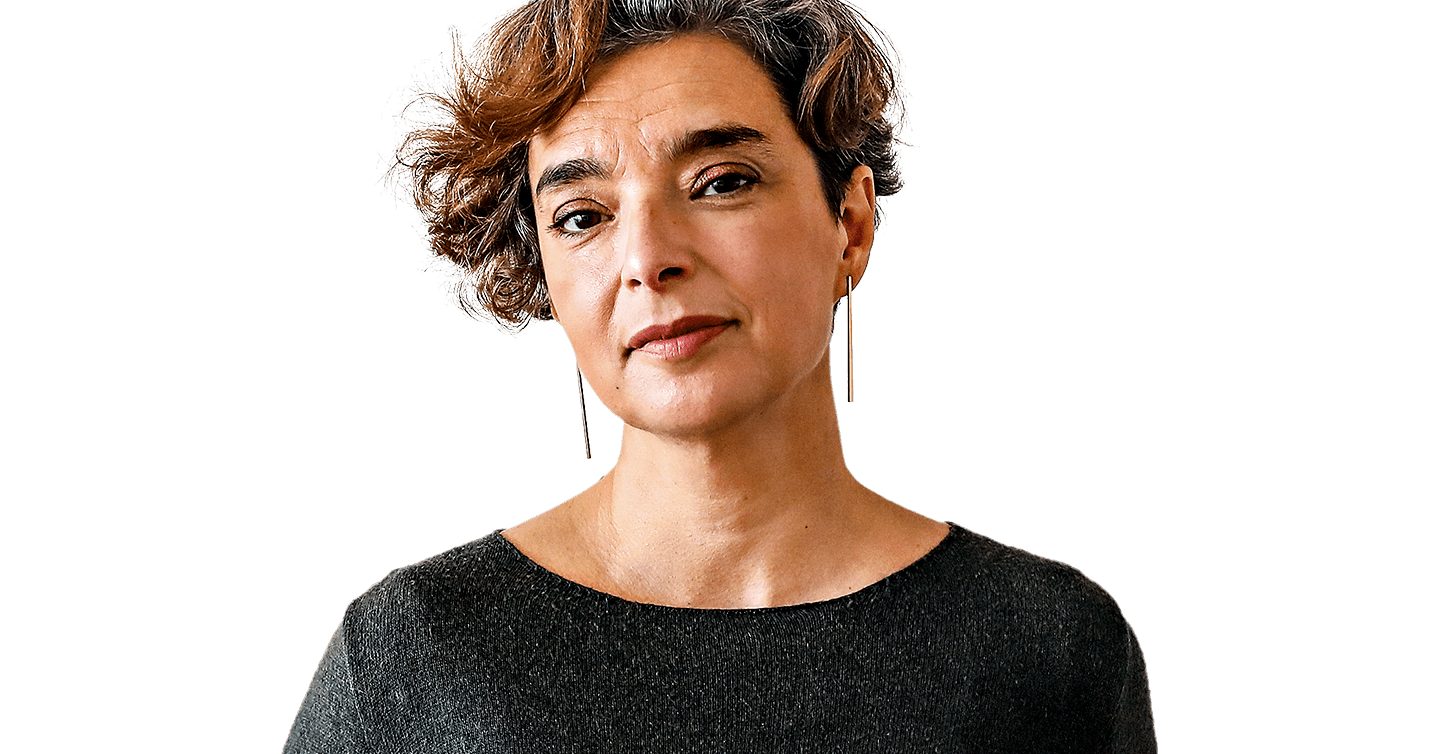We must encourage children to ask questions, remain curious and think critically, encourage exploration and teach them to question the world.
This week, on May 16 – Jose Mariano Gago’s birthday – we celebrate National Scientists Day. Established in 2016 in honor of his legacy in the development of science and technology in Portugal, this day aims to celebrate and recognize the historical, relevant and innovative contribution of the scientific community to the advancement of knowledge, progress and well-being. For the community.” While it is important to celebrate what has been achieved in the past, it is crucial that we reflect on what we dream of in the future as a community.
I have no doubt that science and the scientific method, until proven otherwise, are the most powerful tools for us to better and rationally understand everything that surrounds us. Having said that, our societies are incredibly complex and we must not and we cannot forget that philosophy or art, each using their own methods, share the common goal of decoding the world. Throughout history, scientific discoveries have often challenged ancient beliefs and broken social norms, often radically. Sometimes these changes took decades, or even centuries, to settle in. But scientific knowledge, along with technology, is advancing at an ever-increasing pace, and it is critical to discuss how to strike a balance between embracing the transformative power of science and ensuring that its implications are understood and accepted by the different citizens and societies they comprise. This is especially important when scientific discoveries run counter to cultural, religious, or traditional values, or in the face of conspiracy theories that are universally passed on almost instantly.
Did you buy Express?
Enter the code on Revista E to continue reading

“Wannabe internet buff. Future teen idol. Hardcore zombie guru. Gamer. Avid creator. Entrepreneur. Bacon ninja.”

